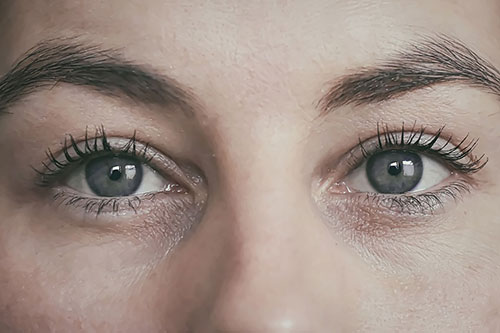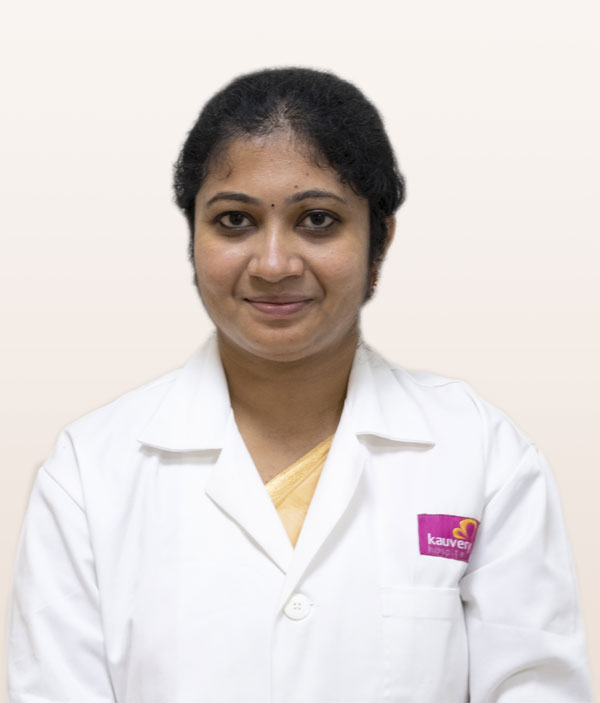The elderly people form an integral part of our society. Although eye-related disorders can happen in any age group, they are more frequently seen in seniors. This is due to age-related physiological changes in the eye and increased prevalence of associated systemic comorbidities in the elders. Hence, it is imperative to understand the special issues associated with geriatric eye care. The goal of geriatric eye care is to maintain or improve the functional abilities of our elderly population so that they enjoy a good quality of life. The aim of this article is to highlight the key problems of the aging eye and how to manage these problems.

Common Problems of the Aging Eye:
Dry Eyes: It is a common condition affecting many elders. It can be due to age-related decrease in tear production, lid abnormalities, allergies and diabetes. The use of preservative-free lubricating drops may help in relieving symptoms.
Presbyopia: It is an age-related process usually noticed after the age of 40. It occurs due to normal age-related changes happening in our natural lens which makes it difficult to change shape during focusing on near objects. As a result, an individual would experience difficulty in near work activities like reading or threading a needle. Glasses, contact lenses or surgery can help in presbyopia correction.
Cataract: It is due to age-related changes in the natural lens of the eye making it cloudy and opaque. However, the process of cataract formation may be hastened by associated eye disorders and systemic disorders. The most common symptom is gradual painless loss of distant vision. Although cataract can cause visual impairment and blindness, it can be reversed by cataract surgery and intraocular lens implantation and hence it does not cause permanent loss of vision.
There are some eye conditions in the elderly which can be sight-threatening and cause irreversible visual loss. These disorders can be managed well and blindness can be prevented if diagnosed and treated early. But due to lack of awareness and denial to eye care, many old people are losing their eye sight as a result of these disorders. Common eye problems which can lead to permanent visual loss include:
- Age related macular degeneration(ARMD)
- Glaucoma
- Diabetic retinopathy
Age-Related Macular Degeneration(ARMD): It is a disorder which occurs as a result of damage to the most light-sensitive portion of the retina which is the macula. Early stages can be asymptomatic. As it progresses, people experience blurry shadowy areas in central vision or distortion of vision. The straight lines become wavy and distorted. They slowly lose their central vision which makes it harder for them to drive, recognize faces or read things in front of them thus decreasing their functional abilities. It is classified into two types: dry and wet ARMD. The ophthalmic examination helps in picking up the disease process early before the onset of symptoms and ophthalmologist may suggest antioxidants or eye injections depending on the type of ARMD to reduce the risk of the disorder getting any worse. Patient with advanced ARMD may benefit with low vision aids which can help them see better.
Glaucoma: It is a group of eye conditions which can result in irreversible visual loss due to damage to the optic nerve, which is vital for good vision. It is often caused by high eye pressures. The effect of glaucoma on vision is so gradual that vision loss is noticed only at an advanced stage. During this time, it is irreversible and the person can become permanently blind. Regular eye check-ups with eye pressure measurements help in early diagnosis of glaucoma. After diagnosis, it can be managed by eye drops and/or surgery to prevent further damage.
Diabetic Retinopathy: This is caused due to diabetes. It can result in defective vision and if left untreated, even blindness. Like the previously mentioned ocular conditions,it can be asymptomatic for a long time. It can be detected easily by an eye examination. Hence yearly eye check-up is recommended for diabetics. Control of blood sugar and blood pressure can help in retarding the progression. Treatment depends on the stage of disease. Early stages need observation and regular monitoring, while advanced stages may need eye injections, lasers or surgery to restore vision or to prevent further visual loss.
What needs to be done to ensure a better vision of our elders?
- Adopting a healthy lifestyle
- Periodic eye check-ups
- Control of blood pressure, glucose and cholesterol levels
- Wearing prescription glasses if indicated
- Avoiding smoking
- UV protecting sunglasses
To conclude, many geriatric eye conditions are treatable and regular visits to an eye doctor help in catching the disease early, thereby preventing blindness.

Dr Divya Janakiraman
Consultant Ophthalmologist and Cataract Surgeon
Kauvery Hospital, Chennai

